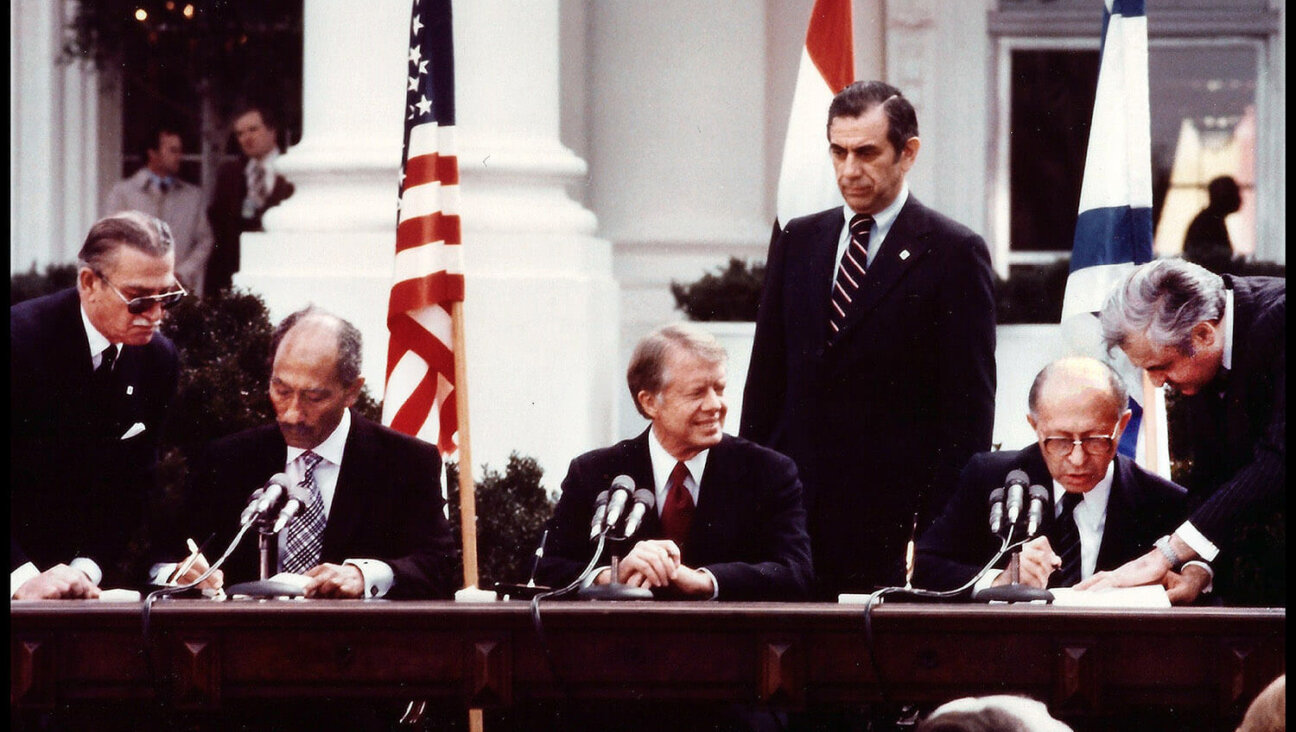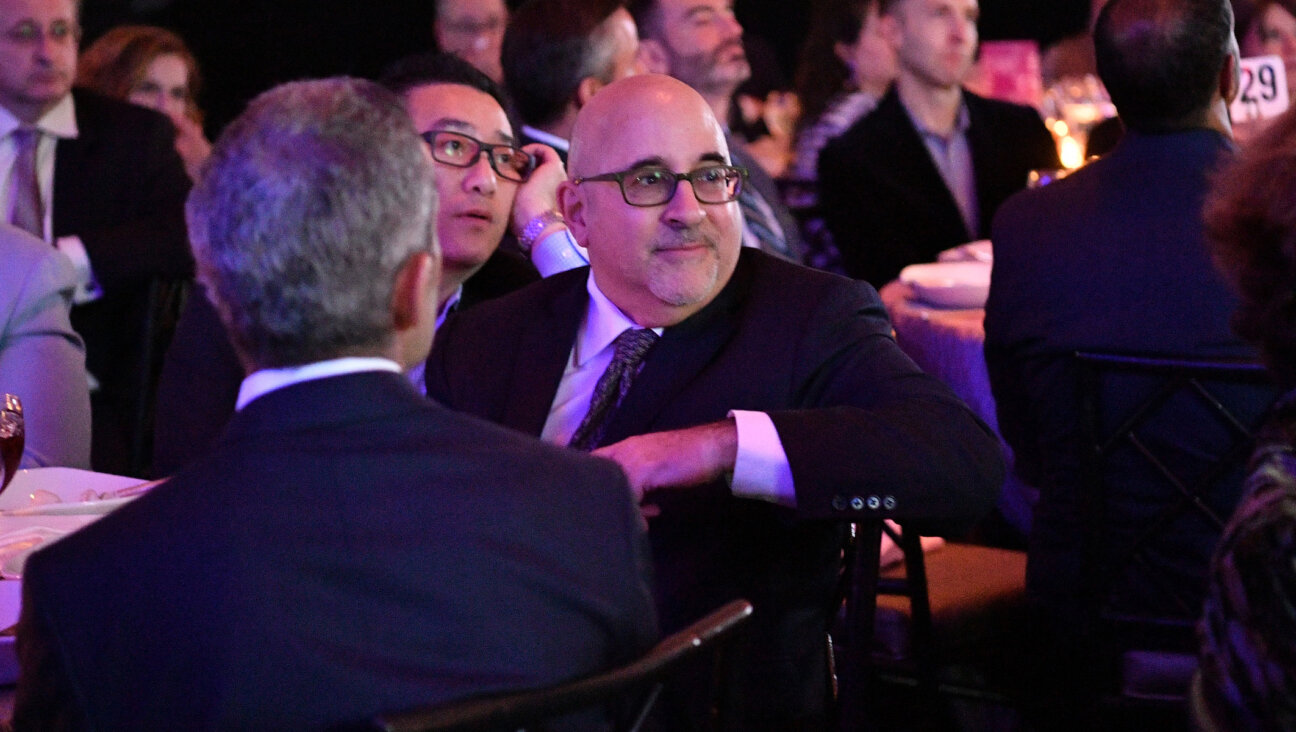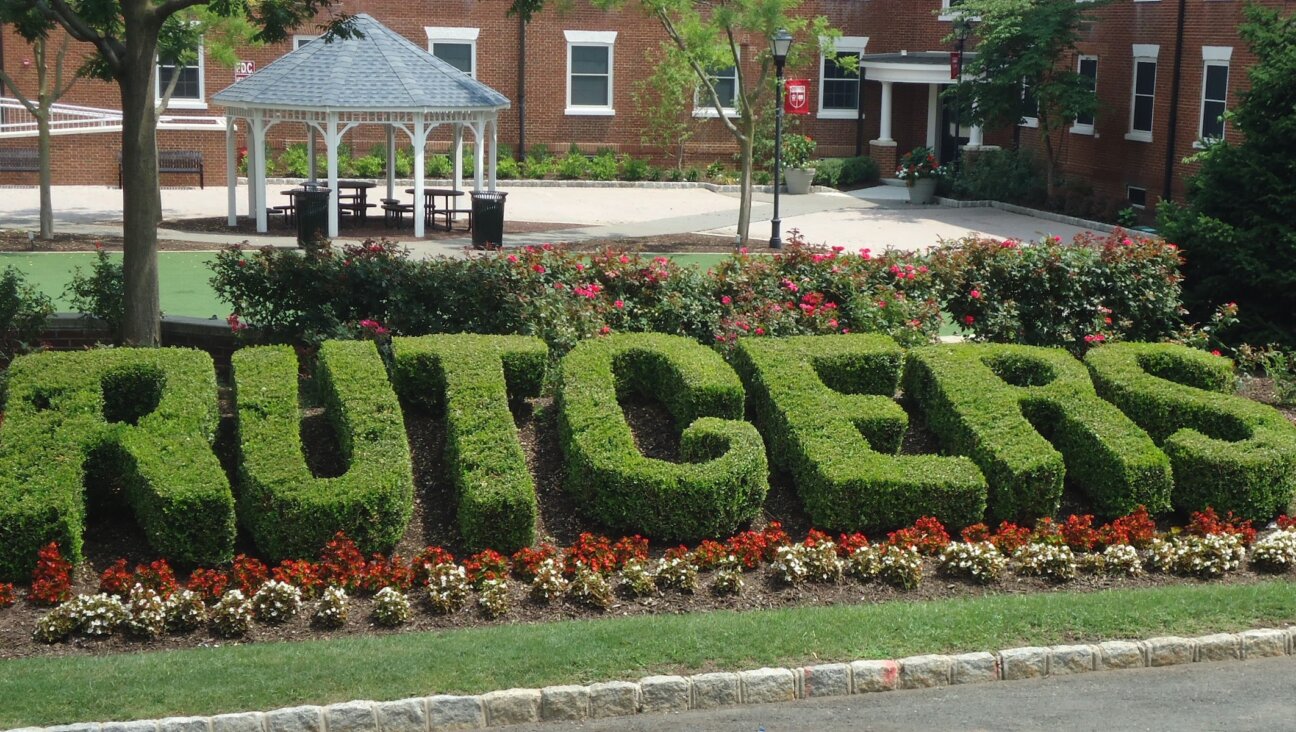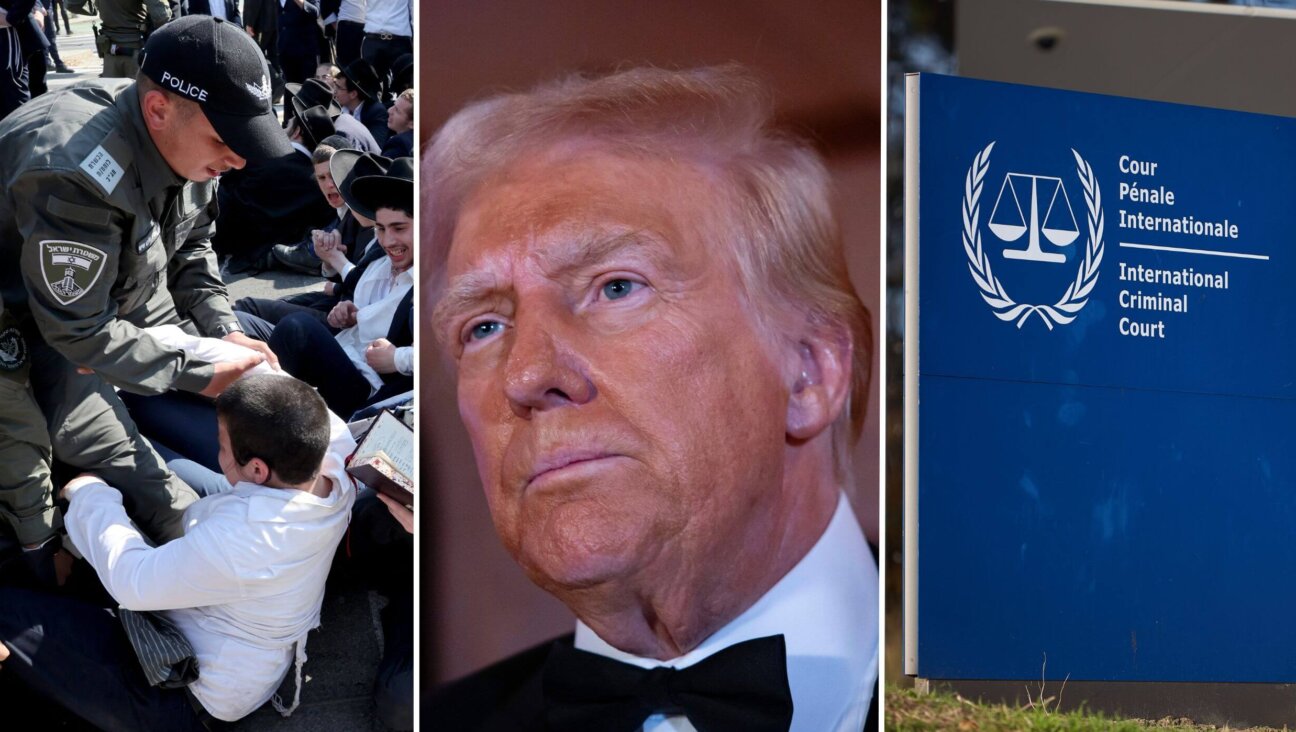Dovish Lobbying Group Set To Debut

Washington – Although the organizers behind a nascent dovish pro-Israel group known as the J Street Project have steadfastly remained silent ahead of an expected formal launch in mid-April, details have emerged over the past week that paint a clear picture of the group’s goals.

In a mission statement distributed among supporters last month, the new political action committee and lobbying group vows to support “consistent and concerted” American diplomatic engagement to achieve peace based on a two-state solution. The statement also calls for reviving the stalled Israeli-Syrian peace track, supports diplomatic dialogue with Iran and opposes any alliances with the religious right “in the name of supporting Israel.”
In order to achieve these goals, the group is initially aiming to raise $1.5 million for a fund to support politicians who subscribe to its agenda.
The potential for a relatively small operation such as J Street to break into the already crowded world of Jewish political activism is, by most accounts, slim. Activists in the field estimate that donations from Jewish supporters make up 30% to 40% of money raised by Democratic candidates and 15% to 20% of the funding for Republican campaigns, though no definitive figures are available.
But Jewish community activists did not rule out the possibility that, over the long run, the new body could have a noticeable impact.
“If they are successful in bringing in big donors and focusing on their giving, they can have an effect on patterns of giving in the community,” said a Jewish official with one of the major Jewish groups operating in Washington.
Members of the J Street Project have repeatedly rebuffed press inquires about their plans, though they have hinted that the group will be formally launched in mid-April.
Other Jewish activists contacted by the Forward about the group also declined to speak on the record, arguing that the details of the new initiative are still too sketchy. The American Israel Public Affairs Committee, the strongest force in pro-Israel lobbying, likewise would not comment on the formation of the new group, which is widely perceived as being formed to serve as a counterweight to Aipac on issues relating to the peace process.
Morris Amitay, a former executive director of Aipac who now heads the Washington PAC, a pro-Israel action committee considered to be hawkish in its views, was dismissive of the fledgling J Street Project.
“Let a thousand flowers bloom,” Amitay said. “The question is, will they have any effect on pro-Israel initiatives in Congress? I’m guessing they won’t.”
Preparations for the official launch are reaching their final stages, according to officials involved with the project. The group has already set up a password-protected Web site on which donors can contribute and learn more about the operation.
According to the Web site, the project will have two separate arms. One entity is a lobbying group that will work primarily with the media in order to, in the words of the Web site, “expose journalists and news consumers to the arguments for diplomacy and conflict resolution and counter the views of neoconservatives and their supporters from think tanks or advocacy organizations.”
The second entity is a political action committee that will be the more significant arm of the operation, sources close to the group told the Forward. According to the Web site, the PAC will rate candidates based on their views of the Middle East, compile a scorecard and encourage supporters to contribute to candidates endorsed by the group. For the 2008 election cycle, the Web site says, the J Street Project aims to create a pool of 100 donors who will commit to contributing $1,000 to at least three of the endorsed candidates.
The group’s advisory council consists of more than 80 members, including the heads of several dovish Jewish groups and former officials from other groups. Notably, the list does not include current professionals or lay leaders from mainstream Jewish groups.
Sources confirmed to the Forward that at least three current officials from major groups were invited to serve on the J Street advisory council, but turned down the offer since they were concerned about a possible backlash from within their own organizations.
Also absent from the list are senior leaders from the Israel Policy Forum, one of the three dovish Jewish groups that was originally expected to form the backbone of the new project. The two other groups, Americans for Peace Now and Brit Tzedek v’Shalom, are represented on the committee by their respective presidents, Debra DeLee and Steve Masters.
The staff of the J Street Project is still being assembled, and to date it has only four employees. The group will be headed by Jeremy Ben-Ami, who until recently served as vice president of a public relations firm. The political director will be Joel Rubin, a former foreign affairs adviser to New Jersey Senator Frank Lautenberg.
A message from our Publisher & CEO Rachel Fishman Feddersen

I hope you appreciated this article. Before you go, I’d like to ask you to please support the Forward’s award-winning, nonprofit journalism so that we can be prepared for whatever news 2025 brings.
At a time when other newsrooms are closing or cutting back, the Forward has removed its paywall and invested additional resources to report on the ground from Israel and around the U.S. on the impact of the war, rising antisemitism and polarized discourse.
Readers like you make it all possible. Support our work by becoming a Forward Member and connect with our journalism and your community.
— Rachel Fishman Feddersen, Publisher and CEO
























